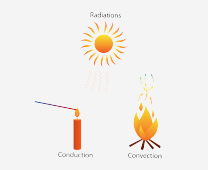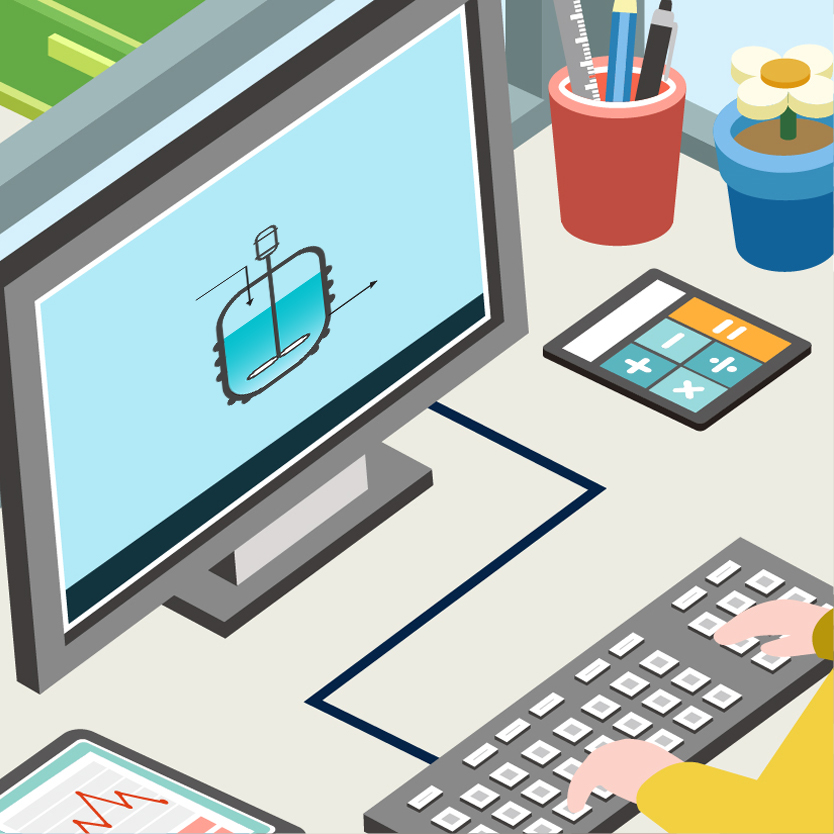What does a chemical engineer do?
Overview
Energy & fuels
(like oil, natural gas)
Agricultural chemicals
(like fertilisers)
Synthetic fibres
(like nylon, polyester)
Exciting new areas

Nanotechnology
Alternative energy
(like fuel cells)
Biotechnology
Functions of a chemical engineer
Design
In this virtual tour you will understand how a chemical engineer designs chemical production process by working on similar engineering assignments.
Supervise
In this virtual tour you will understand how a chemical engineer supervises chemical production by working on similar engineering assignments.
Note: Assignments are quite simplified compared to real work so that high school students can solve them
Tour Compatibility: Tours can be viewed well only on laptops/desktops and not on mobile phones currently.
What will I study in chemical engineering?
Fluid Mechanics
Study of fluids (liquids, gases) at rest and in motion, and the forces involved
Practical example
Fluid systems in aircrafts, pumps, brakes
Related high school topics
Pressure in fluids, streamline flow, Bernoulli’s principle, viscosity, Reynolds number, surface tension
Thermodynamics
Study of heat and temperature and their relation to energy and work
Practical example
Coffee-maker, air-conditioner
Related high school topics
Thermal equilibrium, heat, internal energy, work, laws of thermodynamics, specific heat capacity, thermodynamic state variables & equation of state, heat engines,refrigerators, heat pumps, Carnot engine, enthalpy

Heat Transfer
Study of exchange of thermal energy between physical systems
Practical example
Coffee-maker, air-conditioner
Related high school topics
Temperature & heat, thermal expansion, specific heat capacity, calorimetry, change of state, Newton’s law of cooling
Pre-requisites
Understanding of below concepts and equations (wherever mentioned) is required
Reaction stoichiometry
Relationship between quantity of reactants and products given by a balanced chemical reaction.
Example:
CH4 + 2O2 -> CO2 + 2H2O
As per above reaction, one mole of CH4 reacts with two moles of O2 to give one mole of CO2 and two moles H2O
Molar mass
Mass of one mole of a substance. It is generally in g/mole.
Example: molar mass of water is 18 g/mole
Distillation
Distillation is separation of components from a mixture based on difference in their boiling points. It involves selective evaporation and condensation.
Volume of right cylinder
V = πr2h
(where V = volume, r = radius, h = height)
Pre-requisites
Understanding of below concepts and equations (wherever mentioned) is required
Crystallization
Crystallization is a process that separates a pure solid in the form of its crystals from a solution.

